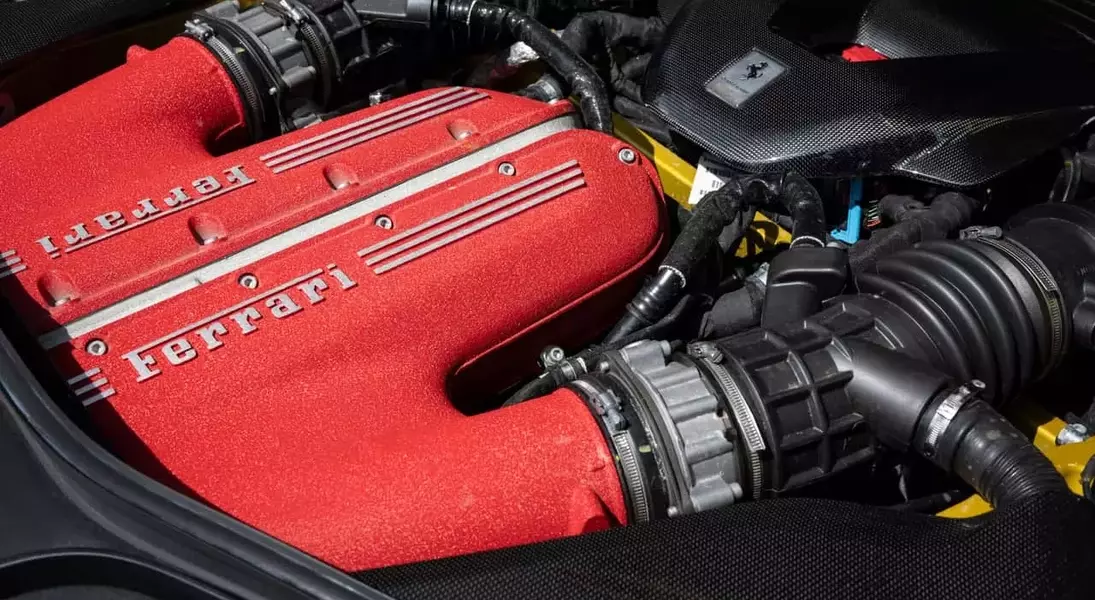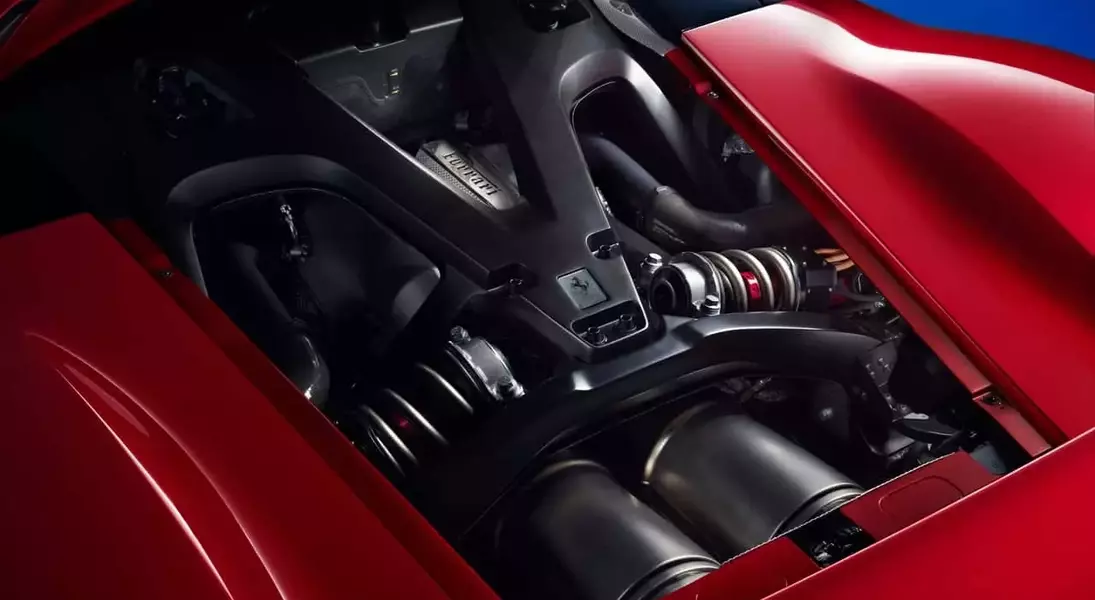



Ferrari, renowned for its high-performance vehicles, is making a bold statement about the future of its internal combustion engines (ICE) even as it delves into the electric vehicle (EV) market. The luxury car manufacturer has revised its strategy, now anticipating that 40% of its product line will feature pure combustion engines by 2030, a notable increase from its earlier forecast of 20%. This decision underscores Ferrari's dedication to its traditional powertrain offerings, ensuring that enthusiasts will continue to have a wide selection of V-6, V-8, and V-12 models. The company is not merely maintaining the status quo but is actively investing in enhancing the power and efficiency of these engines, aiming to surpass current performance benchmarks and adapt to evolving environmental regulations, including the potential integration of synthetic fuels.
Ferrari's Enduring Passion for Performance: A Deep Dive into ICE Development
In a significant announcement at Capital Markets Day, Ferrari, headquartered in Maranello, Italy, unveiled its updated long-term product strategy, reaffirming its profound commitment to the internal combustion engine. This declaration comes on the heels of the company's preliminary release of technical specifications for its first electric vehicle, code-named \"Elettrica.\" However, far from signaling a complete pivot to electric, Ferrari's Chief Research & Development Officer, Ernesto Lasalandra, articulated a robust plan for the ongoing evolution of its V-6, V-8, and V-12 engines. Lasalandra stated, \"We continue to develop our V-6, V-8, and V-12 engines with the goal to continuously improve their performance and efficiency, and at the same time, being compliant with the new worldwide regulations. We will continue to offer thermal engines in our product portfolio and bring innovation on engines by keeping on increasing the specific power.\" This revised outlook indicates a substantial shift from a 2022 projection, which estimated that only 20% of Ferrari's offerings would be purely combustion-powered by the decade's end, now increasing that share to 40%. The hybrid segment is expected to retain its 40% share, meaning that a significant majority of new Ferrari vehicles in the coming years will still be equipped with traditional or hybrid powertrains. Ferrari's ambition extends to pushing the limits of engine capability, with Lasalandra hinting that the record-setting 296 horsepower per liter achieved by the F80 hypercar is not the ultimate peak. He emphasized ongoing efforts to improve performance through advanced technologies, novel materials, and innovative engine designs. Furthermore, the company is preparing its engines for compatibility with alternative fuels, such as e-fuels, ensuring readiness should these technologies become globally prevalent. With plans to introduce 20 new models between 2026 and 2030, Ferrari is embarking on one of its most active periods of product development, balancing heritage with future innovations.
Ferrari's unwavering confidence in the internal combustion engine, even as it navigates the transition to electric powertrains, offers a compelling perspective on the automotive industry's future. It suggests that for certain segments of the market, particularly luxury and performance vehicles, the emotional connection to the sound, feel, and engineering of traditional engines remains paramount. This strategy highlights the importance of catering to a diverse customer base and demonstrates that innovation is not solely confined to electrification but also extends to perfecting existing technologies. The emphasis on higher specific power and adaptability to alternative fuels indicates a proactive approach to sustainability within the ICE domain, potentially offering a lifeline for performance vehicles in an increasingly eco-conscious world. Ferrari's dual strategy could set a precedent for other high-end manufacturers, proving that tradition and progress can coexist, ensuring that the thrill of driving a combustion-powered supercar endures for years to come.
